If you are the captain of a marine vessel, it is your duty to ensure that you and your crew can carry out your tasks and responsibilities safely. When you’re out at sea, even the smallest of mistakes or oversights can lead to devastating consequences.
Whether you are piloting a small craft with just a handful of crew members, or at the helm of a much larger cargo vessel, you have the obligation to make sure all of your crew will return back to shore unharmed.
Here are 5 basic marine safety and boating tips to get you started.
1. Ensure you have the proper safety equipment on board
Having the right safety equipment on board your vessel could quite literally mean the difference between life and death during an emergency. Many vessels are already required to meet the safety standards set out by treaties like the 1974 International Convention for the Safety of Life at Sea (SOLAS), which mandates or recommends essential maritime safety equipment and procedures.
Some of the equipment required by SOLAS includes:
- NAVTEX: NAVTEX is an internationally recognised and used marine communication system for vessels to receive maritime safety messages. These range from weather updates to ice reports to navigational messages.
- GMDSS: The Global Maritime Distress and Safety System (GMDSS) is an internationally recognised distress and radio communication system, specifically designed and intended for safety purposes out at sea. It is mandated under SOLAS for certain classes of vessels, and serves as both a transmitter and receiver of emergency and general broadcasts. GMDSS is available in both GMDSS (Fixed Mount) and GMDSS (Survival Craft Radio) formats.
- Lifejackets or life vests
- Liferafts
Find out everything you need to know about GMDSS and what are the basics of NAVTEX on our blog.
2. Conduct regular equipment maintenance and checks
Having the right safety equipment is just the beginning. You should schedule regular maintenance, inspection, and upkeep sessions for your equipment to ensure that it is working as it should. Sudden mechanical failure is still a possibility, and you don’t want to realise this only when you’re already out at sea. Keep detailed checklists and records on board your vessel at all times so that you can have peace of mind before casting off.
3. Choose your crew wisely
Picking the right crew is key to ensuring a trip or operation goes smoothly. If you are anticipating rough weather conditions or a long-haul operation for example, you should select crew members who have the relevant experience and appropriate credentials to handle the vessel throughout those conditions.
4. Keep communication lines open
Once you have your trusted crew on board, it’s important to keep lines of communication open. This encompasses communication with authorities and other crew members back on the ground, as well as between crew members on the vessel itself. Clear communication helps you minimise human error, and can prevent accidents that could lead to severe consequences. Buying additional equipment like loud hailers or handheld VHF marine radio can also come in handy in helping on-deck crews communicate effectively.
5. Set a good example for your crew
As the captain, you are the de facto leader of your crew and your crew members will be taking their direction of how to act from you. This will extend from day-to-day situations to unexpected emergencies where your firm guidance is necessary to keep everyone safe.
Shop Essential Marine Vessel Equipment at Tecomart
Tecomart is a marine navigation equipment and marine communication equipment supplier that has all you need to keep your vessel safe and up to SOLAS standards.
We have been in the communication and navigation technology business since 1994, and offer a wide range of products from notable brands such as ICOM, Yaesu, and Garmin. We also stock amateur radio equipment, aviation communication equipment, and outdoor navigation equipment to meet your needs in a wide variety of situations and environments.
From loud hailers to handheld radio sets, you’ll easily find the equipment you need for sale in our catalogue. Get in touch for a quote, or see our FAQs for more information.

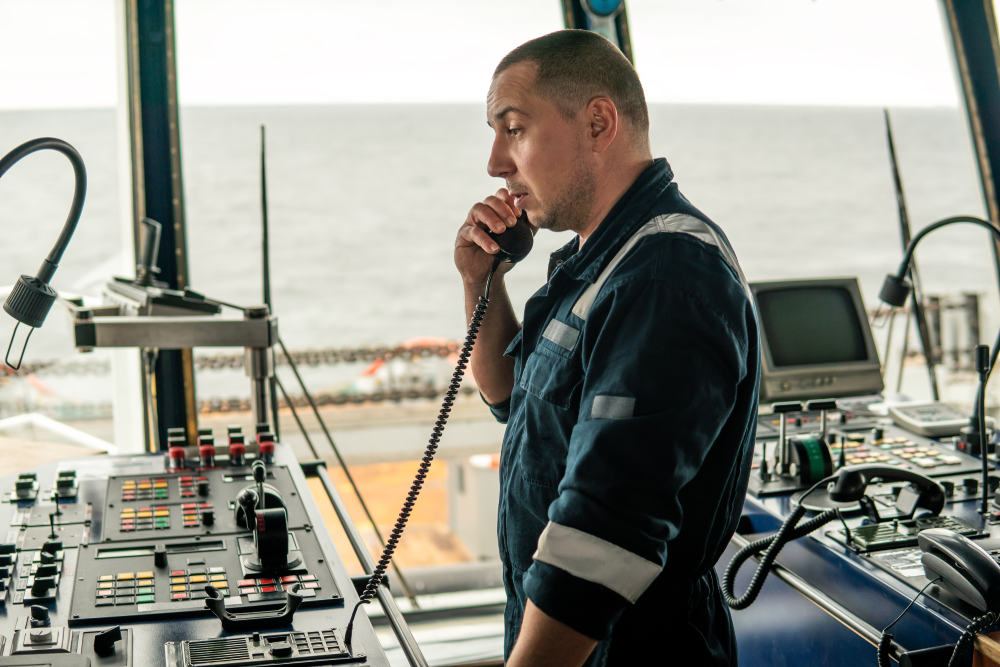
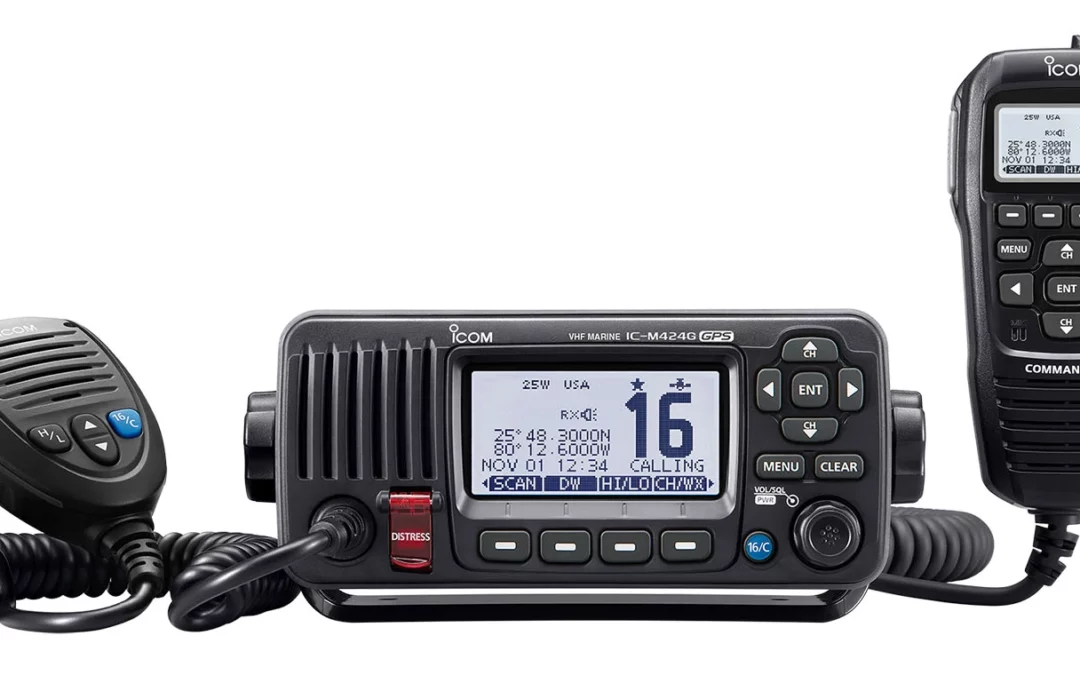
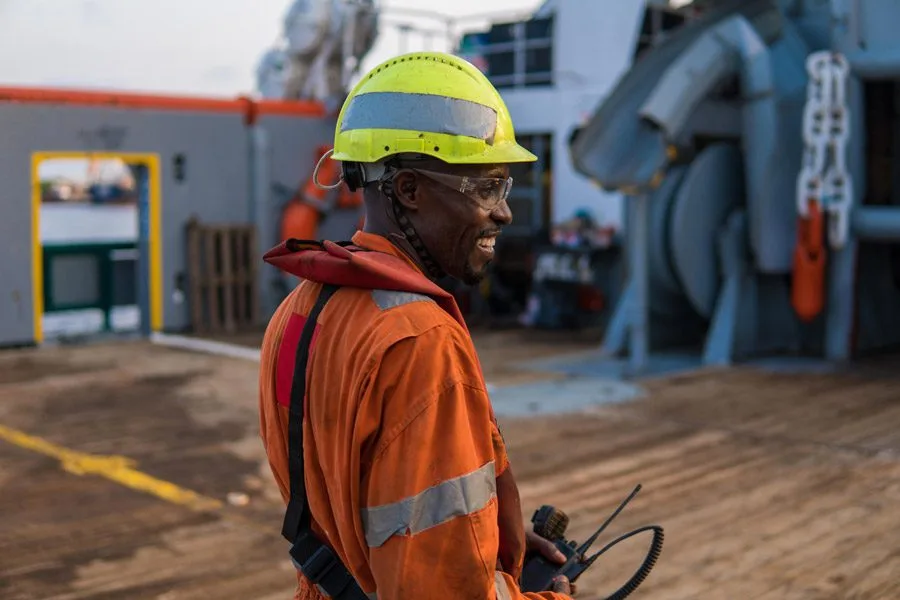
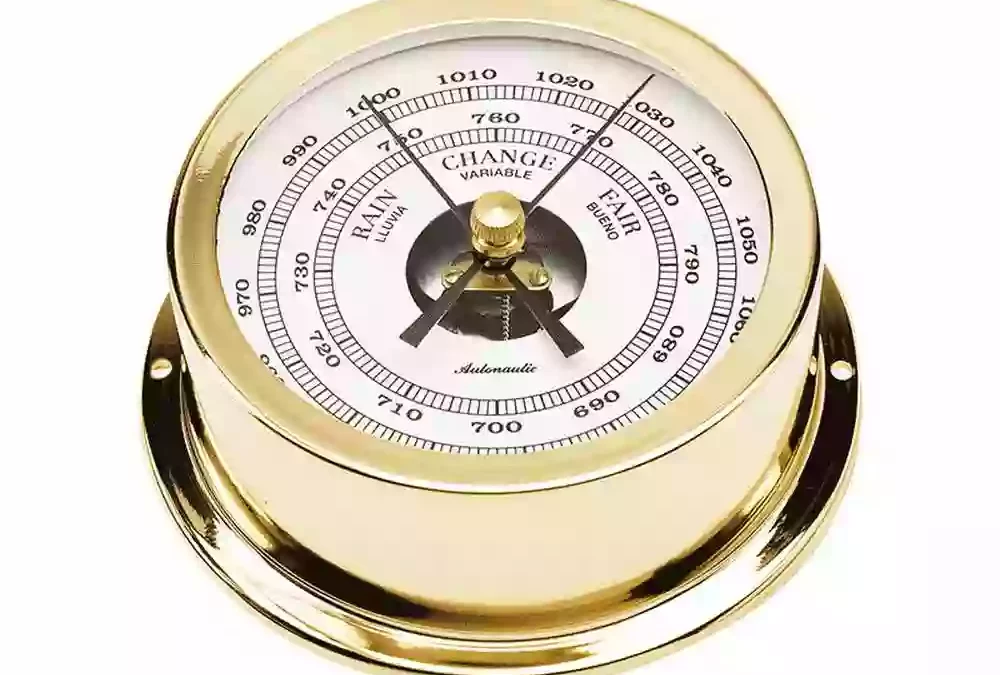
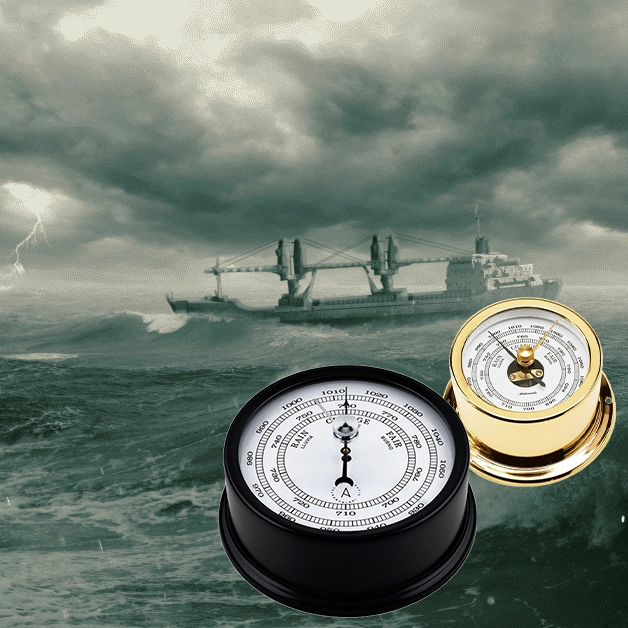

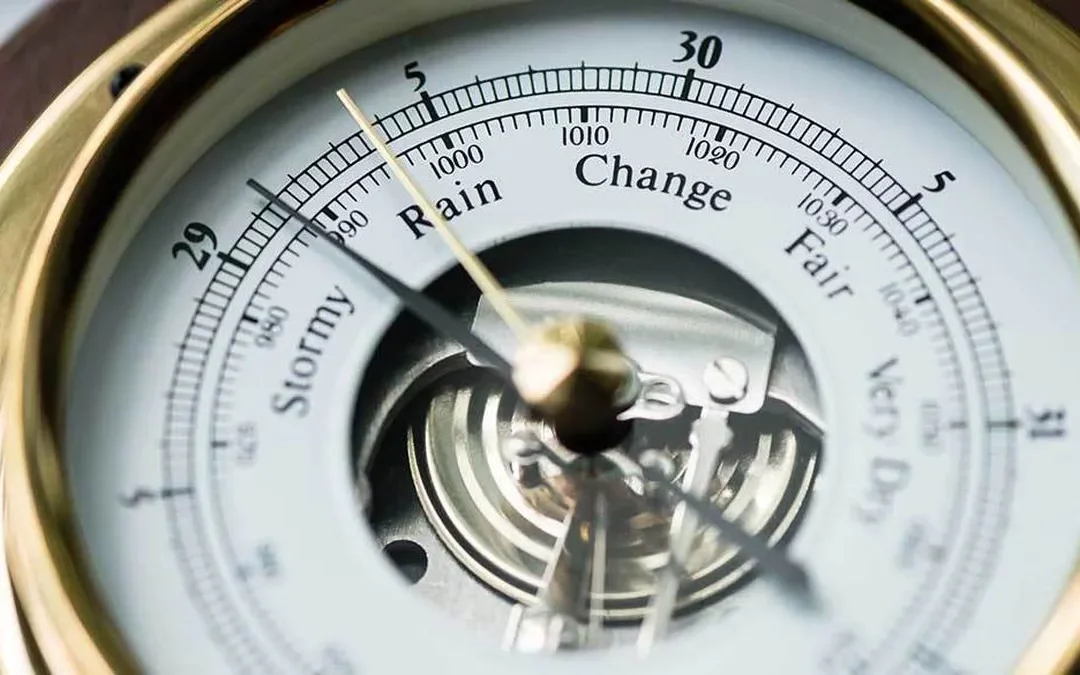
0 Comments